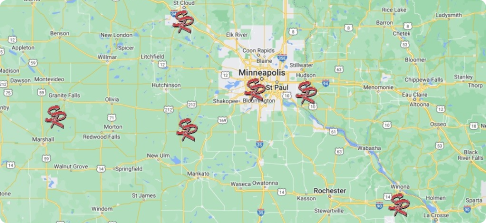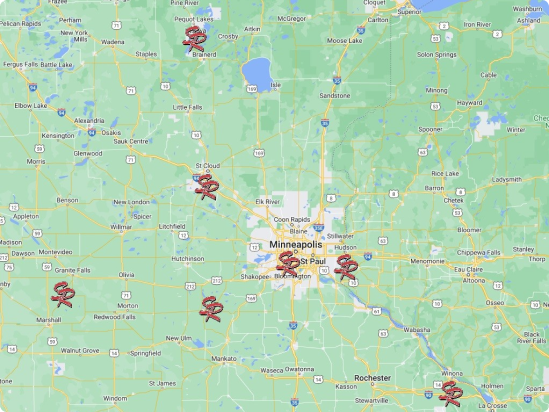Winter may bring some nice scenery, but the weather that comes with it can cause several issues for commercial roofing. No matter what material your roof is made of, heavy snow, freezing temperatures, ice, and water can cause some major damage.
This winter, here are a few things you should look out for when it comes to your building’s roof.
Snow
A bit of snow is nice to look at. A lot of snow can cause serious issues, especially for commercial buildings with flat roofs. Flat roofs, even those with adequate drainage, are the perfect place for snow to accumulate. A single cubic foot of snow (depending on its density) can weigh up to 20 pounds. Multiply that by the amount of snow that’s on your roof and you will realize how much pressure that snow is placing on the roof and structure below.
If you own a business or building with a flat roof, snow removal is an absolute must after heavy winter storms.
Ice
Ice is heavier than snow, which causes other structural concerns, but the largest issue it will cause is blockages. Ice dams can damage commercial roofs, clog their drainage systems, and completely prevent any melted snow from being properly diverted from the rooftop. This can cause pooling water that can degrade roofing materials and eventually lead to leaks.
If you keep snow cleared from your rooftop, this shouldn’t be too large of an issue, but it’s also a good idea to lay down chemicals that can help ice and snow melt more quickly. Just make sure they are safe to use on your roofing material (it’s a good idea to check with the manufacturer of the materials to see what is safe to use.
Wind
Winter storms can have harsh winds, leaving your roof susceptible to wind damage. Heavy winds can loosen roofing materials, damage flashing and other seals, and even hurl debris onto your roof. If any materials from your roof separate during a storm, get them replaced immediately. Loose, damaged, or missing materials mean water will eventually work its way under the roof, causing leaks and other issues.
Condensation
When frigid temperatures hit your roof, they work their way through to the space below. Since these spaces are likely heated, that cold air can condense and transform into water. Even if your roof is sealed up tight, condensation can occur, causing damage to your ceiling and areas below. That’s where insulation comes into play. It’s important to ensure that your roof is properly insulated during the winter months. This will help prevent cold air from reaching heated spaces, thus eliminating the issue of condensation.


